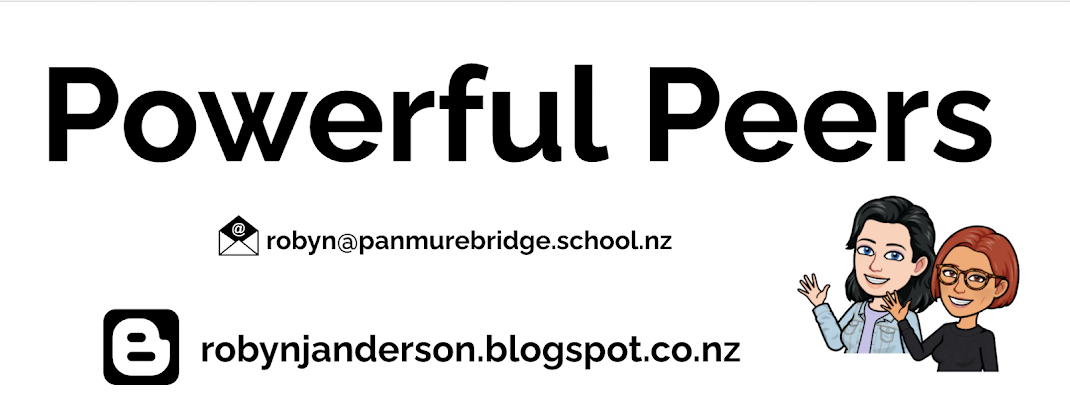Professional learning development (PLD) refers to the ongoing process through which educators acquire the knowledge, skills, and attitudes necessary to be effective in their roles. To support the reasons behind this inquiry I have looked at the research to further inform my thinking. The notes below are written are summaries of the key points I took from these readings.
In New Zealand, publications like the Ministry of Education’s Best Evidence Synthesis (BES) and John Hattie's work highlighted the importance of teacher quality in improving student achievement. Professional learning encompasses what teachers have learned from formal development and the informal knowledge they gain through feedback, discussion, reflection, and action. Effective PLD is diverse, linking directly to classroom practice to ensure practical application.
Principals who were actively involved in the learning process, participating as learners themselves, facilitated professional discussions with staff based on shared knowledge. Teachers felt more committed to changes when included in decision-making and valued opportunities for professional discussions, idea sharing, observing peers, and giving and receiving feedback. This interaction influenced their thinking and led to improvements in teaching practices. - Managing Professional Learning andDevelopment in Primary SchoolsJanuary 2009
Professional development (PD) for teachers should be practical, relevant, and fit into their busy schedules. It should empower teachers to lead in curriculum development and confidently manage classroom demands with confidence. PD must address teachers' needs, fostering collaboration and reflection. The most effective PD values teachers' experiences and offers ongoing support. When teachers are at the centre of PD, they more easily become reflective and transformative professionals capable of shaping curriculum and education policies. - Empowerment . . . through professional development set 1997: no. 1
With the belief that abilities are set in stone, individuals with a fixed mindset might not invest in continuous learning or skill development. This can lead to stagnation, where they find themselves left behind in rapidly evolving fields or areas of life.- Growth vs. Fixed Mindset: The Implications for Leadership and Innovation .
Further Reading:

No comments:
Post a Comment